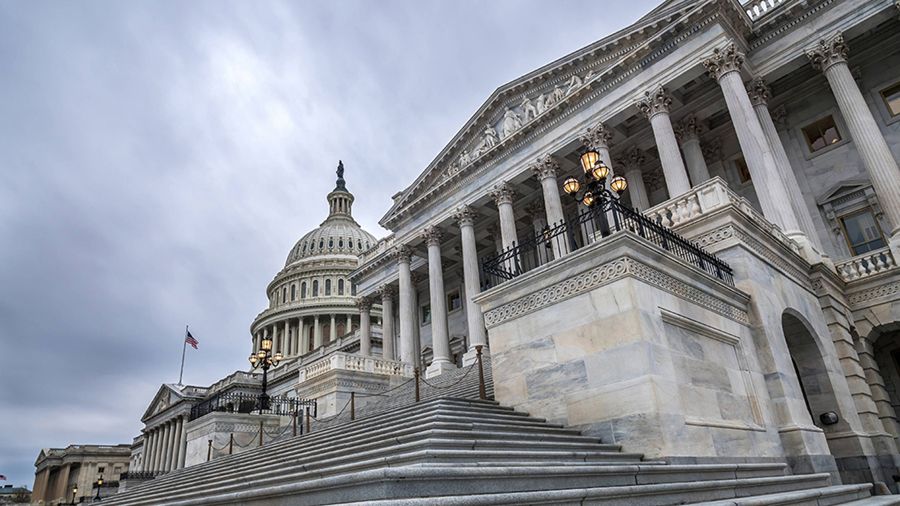The US House of Representatives has included cryptocurrency in a version of its annual defense budget bill. According to the document, the SEC and CFTC must determine who will regulate the industry.
The National Defense Authority Act, passed by the US House of Representatives, which sets out guidelines for defense policy and allocates costs within the priorities of the US military, includes a provision from the Remove Barriers to Innovation Act.
The defense budget law is usually widely bipartisan and considered binding. Provisions to remove barriers to innovation in a bill that the US House of Representatives passed on Thursday includes clarifications on cryptocurrency regulation.
The Senate of the US Congress must vote on its own version of the bill before discussion of the two legislative groups to agree on versions of the document. Both houses of Congress will have to vote on the final bill. The provision, introduced by Rep. Patrick McHenry, aims to improve the international competitiveness of the United States by clarifying the regulation of cryptocurrencies.
If passed, the Securities and Exchange Commission (SEC) and the Commodity Futures Trading Commission (CFTC) will have to clearly define which agency will oversee which aspects of the cryptocurrency market. Congress will create a working group within 90 days of the adoption of the bill, consisting of representatives from the SEC and CFTC, as well as non-governmental organizations from the financial technology sector and small business.
Over the course of the year, the group will be required to review current regulations and their impact on primary and secondary markets, and report on how the current regulatory regime affects US competitiveness.
American regulators are actively arguing about who will get the regulation of the cryptocurrency market. The chairman of the US Securities and Exchange Commission argues that the SEC needs more power to regulate the cryptocurrency markets, while the former CFTC chairman believes the matter does not fall under the jurisdiction of the SEC at all.







